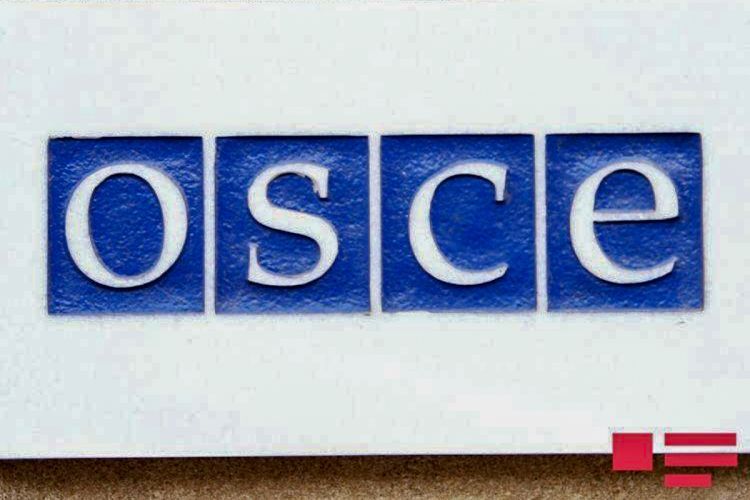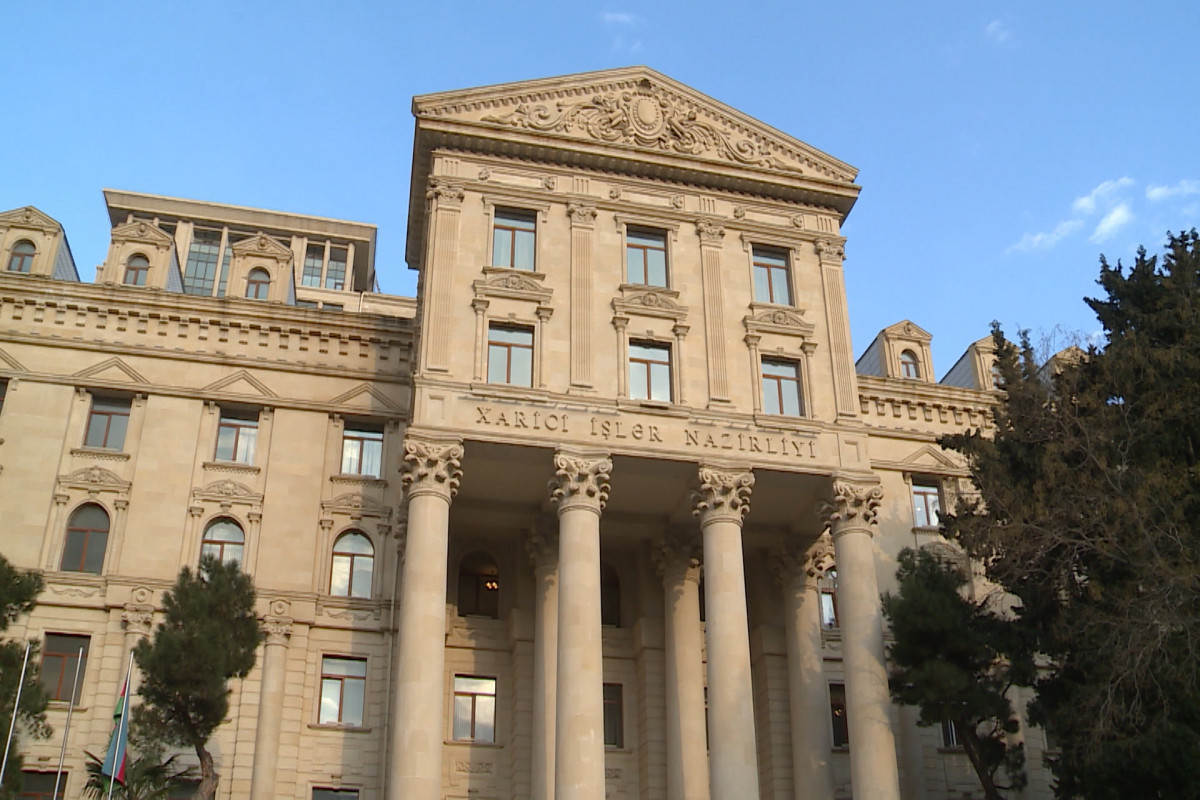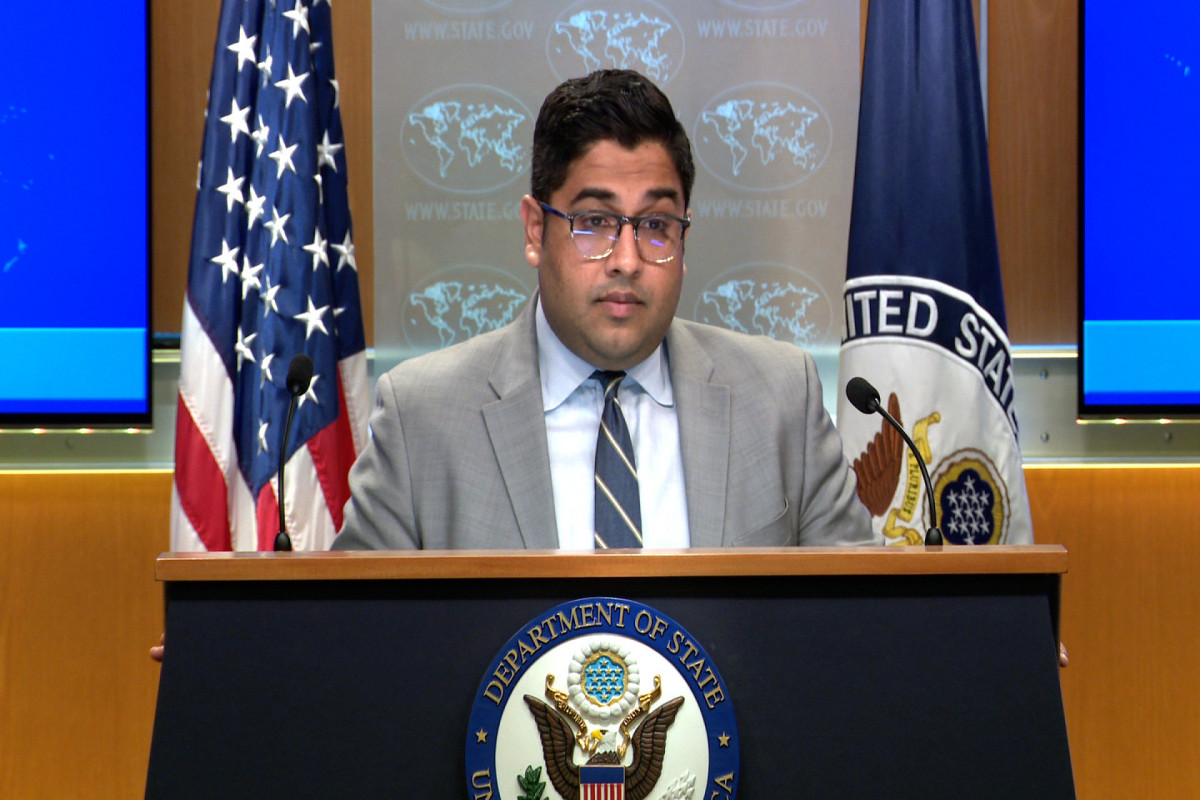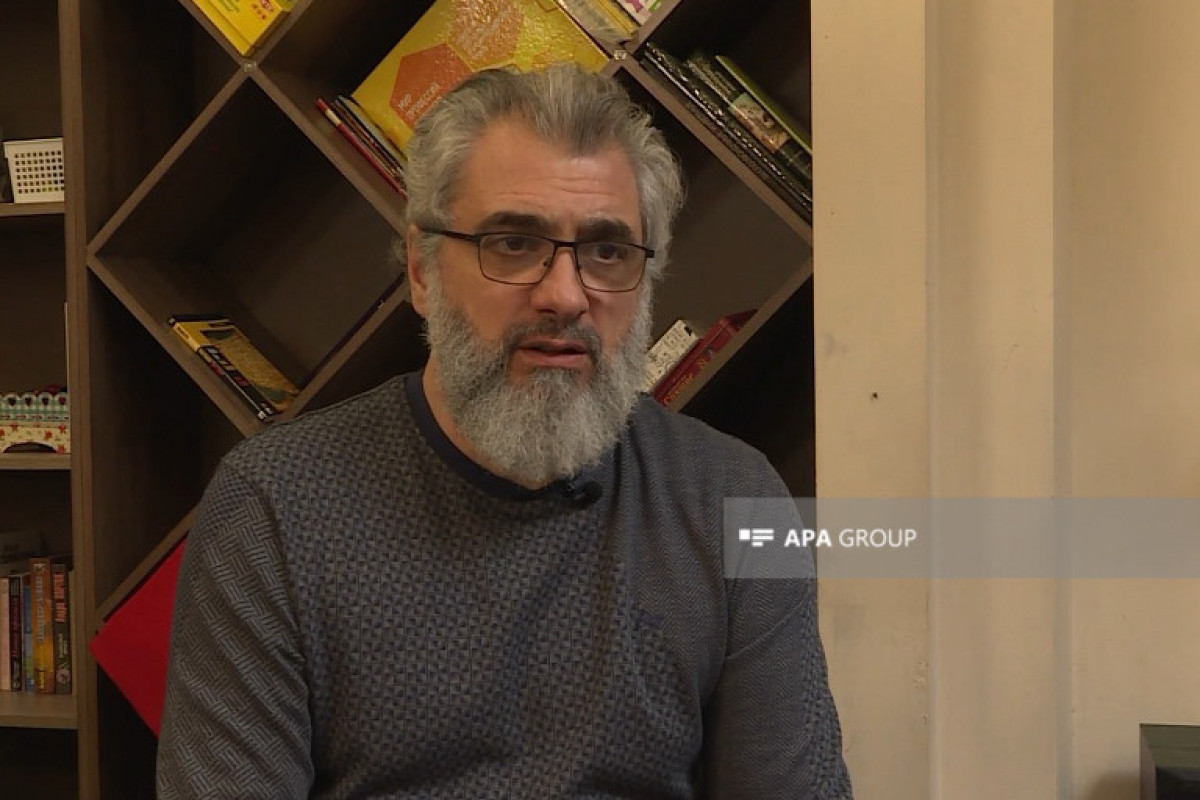The OSCE Office for Democratic Institutions and Human Rights (ODIHR) Election Observation Mission has released an interim report on the early parliamentary elections in Azerbaijan set for February 9, APA reports citing OSCE website.
The interim report is based on the results of the pre-election observation of the OSCE / ODIHR Election Observation Mission from 7 January to 24 January.
On 5 December, following an appeal of the parliament, and with the consent of the Constitutional court, the president announced early parliamentary elections to be held on 9 February 2020. Members of parliament are elected by a simple majority from 125 single-mandate constituencies for a five-year term. The number of registered voters in over half of the constituencies deviates from the average by more than what the law allows.
Noted that Parliamentary elections are primarily regulated by the Constitution and the Election Code.
Elections are administered by the Central Election Commission (CEC), 125 Constituency Election Commissions (ConECs) and around 5,500 Precinct Election Commissions (PECs). Thus far, the CEC has held regular sessions open to accredited observers and the media. Decisions were in general adopted unanimously and posted on the CEC website. Election commissions appear professional and well-resourced. The CEC is undertaking the measures to ensure that internally displaced persons (IDPs) are able to exercise their voting rights.
There are some 5.2 million registered voters of whom 340,689 are IDPs. Voter lists were available for public scrutiny between 5-15 January and voters could verify their own data online and request corrections. Election day registration is possible based on proof of residency. A difference of approximately 2 million persists between the number of registered voters as per CEC data and the number of citizens of voting age according to the State Statistics Committee.
ConECs registered 1,637 candidates of whom some 83 per cent are self-nominated. Nineteen political parties fielded a total of 272 candidates. A total of 80 members of the outgoing parliament (64 per cent) are seeking reelection. Women comprise 21 per cent of registered candidates. Four prospective nominees were denied nomination due to previous convictions and a non-expunged criminal record, despite the rulings of the European Court for Human Rights. As of 24 January, 239 of registered candidates have withdrawn.
The official 22-day election campaign period started on 17 January and is thus far low key with limited visibility. Candidates can organize campaign events in the 136 indoor and 136 outdoor venues pre-selected by the CEC. The holding of an event in a venue not designated by the CEC is regulated by the Law on Freedom of Assembly which requires a five day-notification period.
Campaign finance legislation does not foresee direct public funding of the campaign, sets limits for donations and expenditures and obliges candidates to report on their campaign finances. Parties and candidates can use their own finances, and donations can be made by individuals and legal entities. Anonymous and in-kind donations are prohibited. While the CEC and ConECs oversee the implementation of campaign finance regulations, they are not required to pro-actively conduct audits.
While the Constitution guarantees freedom of expression and the right of access to information and prohibits censorship, these rights are severely restricted by different laws. Although television is the most prevalent media, it is mainly used as a source of entertainment, while social media platforms are used for seeking alternative political information.
Long-standing recommendations by ODIHR and Council of Europe’s Venice Commission, including those related to freedoms of assembly and expression, media environment, and candidate registration, have yet to be addressed.
The Election Code provides for citizen and international election observation, in line with OSCE commitments. Some ODIHR EOM interlocutors stated that legal provisions related to foreign funding limit the possibility of civil-society organisations to deploy observers. As of 24 January, the CEC and ConECs had accredited 17,733 individual observers and 1,724 nominated by nongovernmental organisations. In addition, some 32,106 representatives of candidates and of 19 political parties were accredited.






